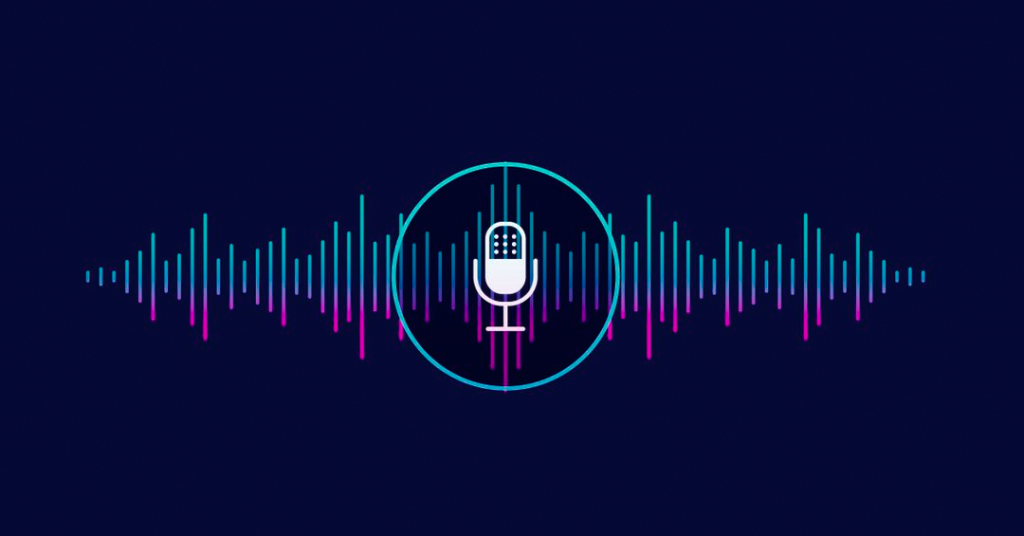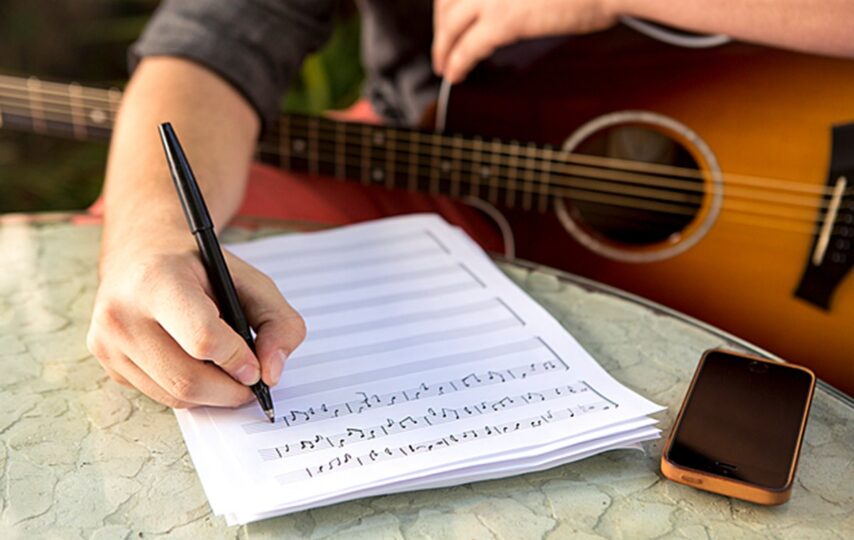A musical superpower is the capacity to compose tunes. Your ability to write and create commercially viable songs might have a significant impact on your career. While writing distinctive, authentic songs might help you establish a career as a solo artist or band member. It’s also a realistic alternative for those who want to work behind the scenes and escape the spotlight. However, if you don’t know where to begin, it might be frightening. Writing music as a lyricist, whether you’re a musician or not, can be a highly fulfilling experience. It is not just a means of artistic expression, but it can also be a lot of fun. If you’re interested in learning how to write music, here are some pointers to get you started.
1. Get Out Your Instrument
Getting out your instrument and performing it is one of the finest methods to begin composing music. Now is a fantastic time to learn how to play an instrument if you don’t already know how. There are several educational resources accessible both online and in shops. A little familiarity with music theory is beneficial. Moreover, you may also download virtual instrumental software for your phone or computer from a number of places, but you can always count on 1337x mirror for the greatest free apps.
2. Make a Voice Note

Making voice notes is the next phase in the process of creating music as a lyricist. If you can bring your phone with you wherever you go, this should be simple. Simply use your phone or other recording device to capture any tune that comes to mind (you might want noise cancelling headphones). This way, if it happens again (which happens frequently), you’ll at least have a record of it! You might also use Ever note, which allows users to capture brief photos and make notes to help them remember things.
3. A Musical Notepad
If you don’t have a recording device, make a point of writing down any melodies or lyrics that spring to mind as soon as possible. This will be especially beneficial if something happens while you are away from home. Anything works as long as there is somewhere for this information to go at those moments when inspiration hits, whether it’s on the back of an envelope, in a notepad by your nightstand, or even on some scrap paper lying about. It’s also a good idea to carry a pen and paper or a computer keyboard with you when you’re travelling.
4. Writing the Melody First
Some lyricists prefer to start with music before moving on to songwriting. To begin, visualize the type of instruments you want for your song. Then, before writing words, think how a tune might fit within that environment. This method can help give structure to an initially vague notion and demonstrate how words should flow rhythmically when set against music.
5. Find a Tempo
The pace of a song refers to how fast it moves. A very sluggish or heavy song, for example, would have a speed of 40-60 beats per minute (bpm), whereas something much more energetic might have a tempo of 130 to 160 bpm. After you’ve decided on your overall pace, you’ll need to pick how quick each bar should be before you start writing words and sentences.
6. Write a Hook
By creating an outstanding chorus that sticks in the listener’s brain after they hear it for the first time – one method to achieve this is to use repetition – your hook helps generate a lasting impression with the audience. If you’re learning music theory for beginners, you should also learn about chord progressions, which can help you establish specific moods in your work.
7. Experiment with Different Instruments And Genres
Experimenting with different sounds and instruments is a terrific method to find your voice as a composer. If you’re short on cash, don’t be afraid to make new noises using home items or software. Genres have their own sound, so if you want to compose songs with a certain mood, listen to other artists’ tracks and notice what makes them different.
8. Create a Storyline or Theme

Having a distinct topic can assist give your music direction and make it more unified, whether you’re composing about real experiences or imaginary themes. Having a title or working name for your project might help you stay focused.
9. Give Yourself a Deadline
Having a clear end goal in mind, even if it’s as basic as “create a song tonight,” can help you stay on track and may even inspire new ideas while you work. If you don’t have enough time to write, consider recording some rough samples with your voice or piano so that you’ll have material ready to edit when inspiration strikes next week.
10. Don’t Limit Yourself to Your Own Ideas
Apparently, romance lyrics aren’t your thing right now, but collaborating is a great way to be inspired and make music without being too self-absorbed. Consider what type of music they want to make while you’re working with others, and try to create a common ground between your style and theirs.
Conclusion
To conclude, making music does not have to be a tough challenge. If you employ the appropriate skills, it can be creative, amusing, and even therapeutic. You’ll be well on your way to producing wonderful songs that everyone will enjoy if you follow the tips stated above and study a lot.



